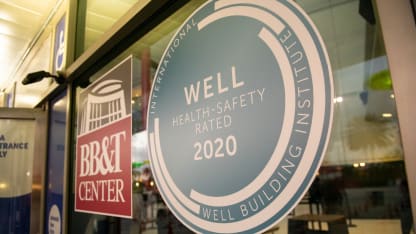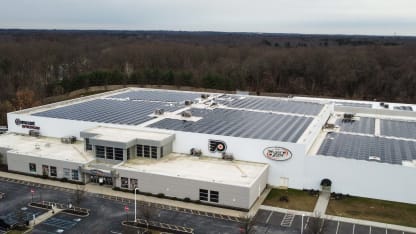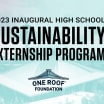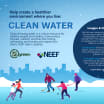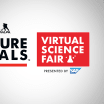There will be 1,000 vehicle charging stations for arena patrons to use use during games or during lot operating hours.
The arena will have all LED lighting and all appliances will be Energy Star-efficient. Water consumption will be about 40 percent less than other venues through low-flow plumbing, Abate said.
In Seattle, even the ice will be green. Rainwater will be collected from a section of the new arena's iconic roof -- a holdover from the old KeyArena -- and stored underground in a 15,000-gallon cistern. The water will be used to resurface the arena's ice.
The arena will be powered by 100 percent renewable energy, said Rob Johnson, vice president of sustainability and transportation for the Kraken and Climate Pledge Arena. Mechanical systems, gas combustion engines, heating, dehumidification and cooking will all be electric.
"We're looking at new investments with our partners at Amazon in effectively new wind and solar farms to generate the remainder of the energy and wield that back to the grid to power the arena," Johnson said.
The Kraken are offering fans subsidized public transit to games to further reduce carbon emissions and encourage them to leave their cars behind.
"We estimated that as much as 70 percent of the building's operating emissions would come from people and stuff coming to and from the building," Johnson said.
The Kraken and the arena are even establishing a sustainable strategy to sourcing food. House wines and beer will come from Washington and Oregon and 75 percent of the food will come from a 300-mile radius of Climate Pledge Arena, when seasonably appropriate.
The arena seeks to leave little waste behind by eliminating non-compostable single-use plastics such as straws, food containers and single-serve condiment packaging.
The Florida Panthers and BB&T Center have focused on the arena's impact on the environment as well as the human condition during the global coronavirus pandemic.
In December, the arena became the first in the NHL to achieve the International WELL Building Institute's WELL Health-Safety Rating for Facility Operations and Management.


